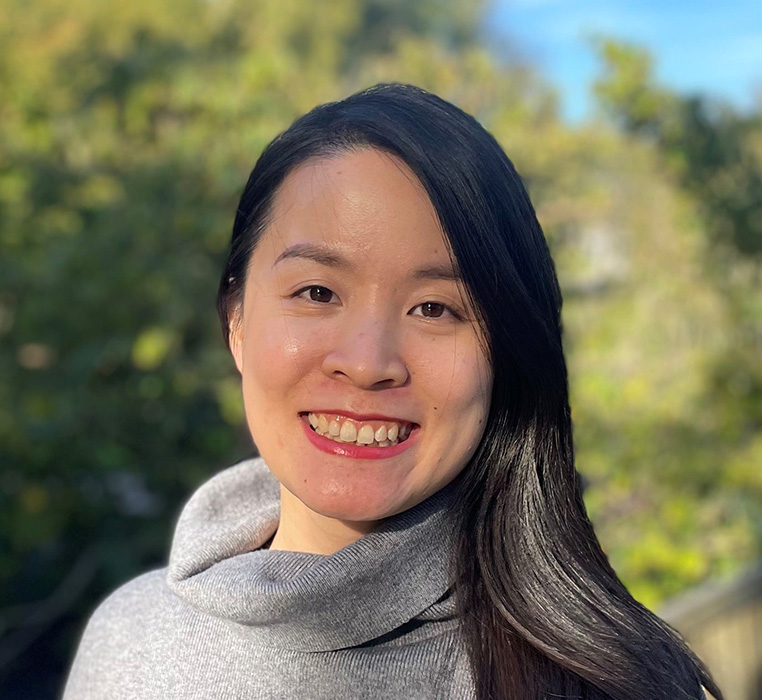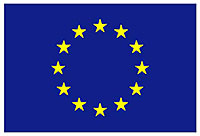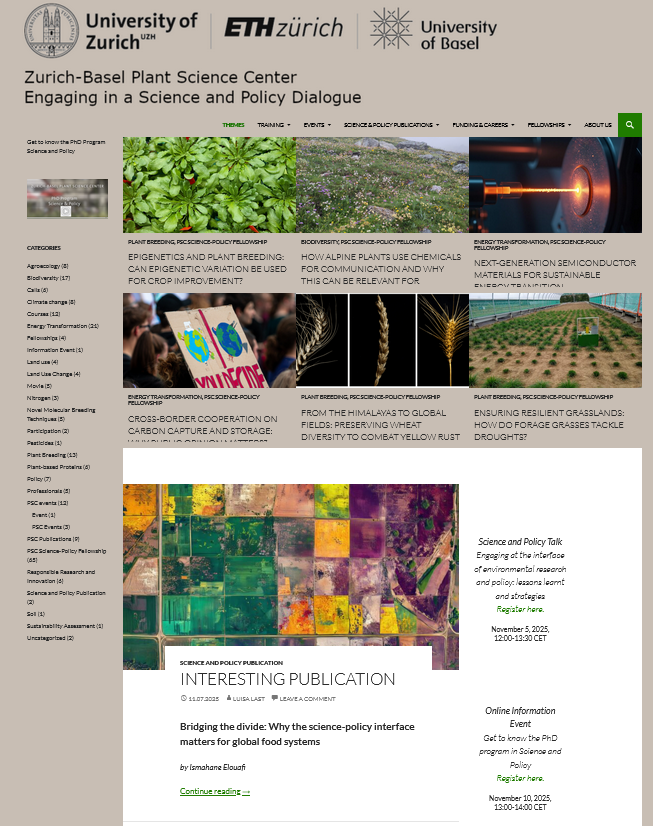ROSE: Role of Bioenergy in Sustainable Energy Systems

Fellowship Duration: Oct 2020 - Mar 2024
PhD Student: Fei Wu (LinkedIn)
Principal Investigator: Prof. Anthony Patt and Dr. Stefan Pfenninger, Climate Policy, Department of Environmental Systems Science, ETH Zurich, Switzerland
Project Partner: Dr. Adrian Müller, Research Institute of Organic Agriculture (FiBL), Frick, Switzerland
Research Fields: Energy and Food Systems Modelling
Project Description
To combat climate change, the Paris Agreement established a global warming limit of 2℃ by the century's end. Numerous countries aspire to attain carbon neutrality by 2050, as evidenced by initiatives such as the European Union Green Deal. As the sole renewable energy that can provide negative emissions, bioenergy emerges as an appealing option yet with an unclear role in both long-term policy and current models.
Accordingly, this project aims to model the potential roles of sustainable bioenergy, taking into account both energy and food systems, to contribute to a more cohesive bioenergy policy framework aimed at achieving climate neutrality. The project answers this overarching research question through three contributions that investigate (1) the challenges and opportunities of bioenergy deployment, (2) strategic uses of land-free ancillary bioenergy in a carbon-neutral Europe, (3) the option space and trade-offs between sustainable bioenergy provision and food system designs.
Correspondingly, this thesis provides policy implications both on the European and global scales. For the European energy system, this thesis provides sector-coupling insights to help bioenergy policymakers answer systematic questions, like when, where, and how to best utilize what bioenergy. The identified synergies and trade-offs of different bioenergy use cases can help enhance the coherence of bioenergy policy framework. For the global energy and food systems, this thesis identifies a diverse option space allowing policymakers to explore the potential economic/environmental/emission impacts of different policy mixes. This option space also implies the trade-offs between enhancing the sustainability of the food system and maximizing ancillary bioenergy potential for energy provision or negative emissions. However, higher ancillary bioenergy provision or additional negative emissions may conflict with food system sustainability through nutrient deficits. Thus, policymakers should align planning for sustainability in the energy system with planning for sustainability in the food system.
This fellowship is hosted by the Energy Science Center.
Activities and Publications
Doctoral thesis (2024) Role of Bioenergy in Sustainable Energy and Food Systems
PSC Blog article (2024) CONGRATULATIONS – Fei Wu
ETH Energy Blog article (2023) Land-free bioenergy for a carbon-neutral Europe –why, what, how?
Peer-reviewed article in Environmental Research Letters (2024) Land-free bioenergy from circular agroecology—a diverse option space and trade-offs
Peer-reviewed article in Environmental Research Letters (2023) Strategic uses for ancillary bioenergy in a carbon-neutral and fossil-free 2050 European energy system
Peer-reviewed article in Bioresource Technology Reports (2023) Challenges and opportunities for bioenergy in Europe: National deployment, policy support, and possible future roles
Open-source model (2022) available at AB-Euro-Calliope GitHub Repository
Open datasets (2023) available at Results files for Land-free Bioenergy From Circular Agroecology -- A Diverse Option Space and Trade-offs
Guest speech on the Role of Sustainable Bioenergy in Renewable Energy Systems invited by Chalmers University of Technology (Gothenburg, Sweden, Dec 2023)
Conference talk at the Conference on Climate, Weather and Carbon Risk in Energy and Finance (Oslo, Norway, May 2023)
Conference talk at the European Biomass Conference and Exhibition, EUBCE 2022 (Online, May 2022)
Conference talk at the EMP-E 2021 Conference: Re-Energising Sustainable Transitions in Europe (Online, Oct 2021)
Poster at the Food Day at ETH Zurich (Zurich, Switzerland, Nov 2022)
Secondment and Research Stay
Fei’s PhD journey was highlighted by the opportunity to collaborate with Research Institute of Organic Agriculture, FiBL, in Switzerland, where she conducted her research using the global mass-flow food system model, SOLm.
Duration: Oct 2021 - Feb 2022
Research stays abroad: Several visits at the Faculty of Technology, Policy and Management at TU Delft, in the Netherlands (May - Jun 2023)
Stakeholder Workshop
Fei discussed her research as part of two stakeholder workshops as part of the SENTINEL project. These two workshops aimed to better align energy models with policy and were both conducted online due to pandemic restrictions.
Fei participated in the sub-session called “The Nordic Region – a frontrunner of the decarbonized energy system” (Nov 4, 2020, workshop synthesis report) and “The future of the European energy system: Unveiling the blueprint towards a climate-neutral economy” (Dec 9, 2020, workshop synthesis report).


